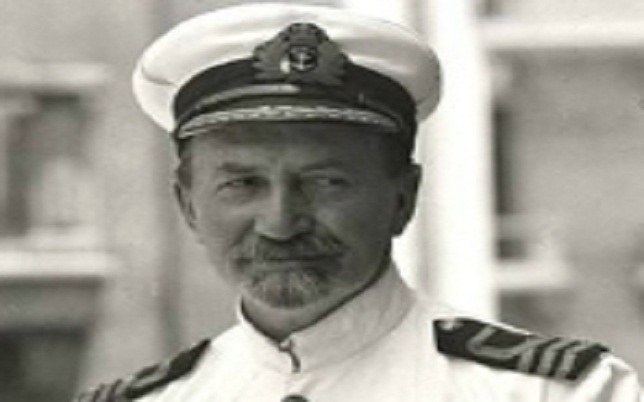David George Hogarth (1862 – 1927), also known as D. G. Hogarth, was a British archaeologist, scholar and Keeper of the Ashmolean Museum, Oxford from 1909 to 1927.
D.G. Hogarth has written on Islam and Prophet Muhammad in his book ‘Arabia’. Similar to many other authors he has faltered in understanding many Islamic aspects and personality of Prophet Muhammad. Even then he has accepted the greatness of Prophet Muhammad in following words:
“Muhammad had come into his own, and as his own he dealt with Mecca, compelling many reforms, which seem to us so far above the standard of his race and time that we marvel at his abstention from others.
Consecrating the whole town a sanctuary, he decreed the abolition of the blood-feud everywhere for ever—it was a political and economic necessity of both his secular state and the destiny he proposed for his religious capital, now proclaimed the best place on earth.
Wonderful it is that he could cancel, even for a moment, so immemorial and fundamental a condition of tribal society, and even more wonderful that his cancellation continued to be observed far beyond Mecca and long after his age.
Further, he forbade any man in that wild land to torture or mutilate not only his kind, but even his beast.
He prohibited infanticide, which previously had been left to the discretion of the father and even counted to him for virtue, if practised upon feminine offspring; and for the first time personal rights were secured to women and slaves”.
Impact of Prophet Muhammad on World
Describing the incredible impact of Prophet Muhammad on the world, D.G. Hogarth writes:
“A thousand and one details of Muhammad’s private conduct, which the simple publicity of his life laid open to contemporaries, and piety or curiosity or malice posterity has maintained in common currency ever since have been neglected here; but not because they are without any, or even considerable, historical significance.
For his private conduct, on various accounts and chiefly because of the static tendency of Arabian society, has had as long-lasting effect as his public acts.
Serious or trivial, his daily behaviour has instituted a canon which million observe at this day with conscious mimicry. No one regarded by any section of the human race as Perfect Man has been imitated so minutely.
The conduct of the Founder of Christianity has not so governed the ordinary life of His followers.
Moreover, no Founder of a religion has been left on so solitary an eminence as the Muslim Apostle.
There is no more striking fact in all the history of Islam, since the day of its Prophet’s death, than the constant immunity of his memory from such attacks as have been made at one time or another on all its later saints.
Unanimous authority gives him sole credit for the establishment of Islam and the Islamic state. Two successors (Abu Bakr and Umar), who had been among the earliest of his Companions, were to give proof to the world of remarkable political genius”.

